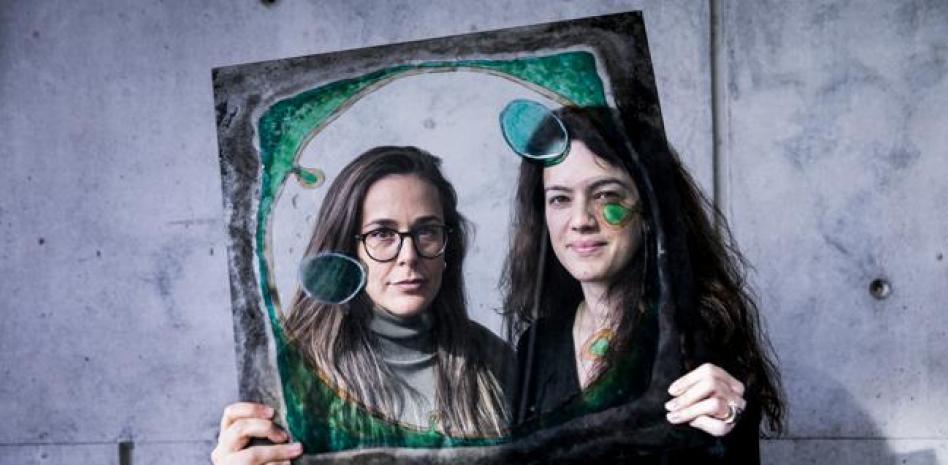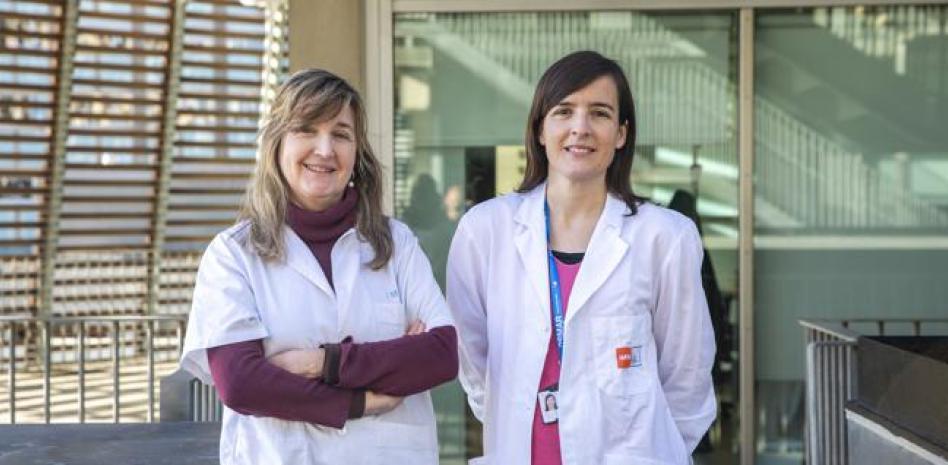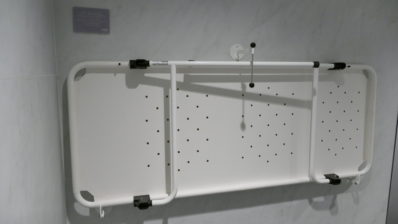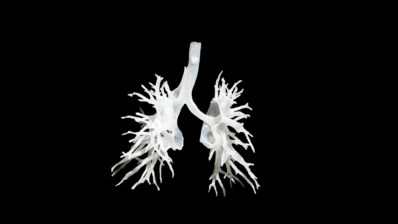Since 2010 La Vanguardia and Fundació Catalunya La Pedrera have been organising the Vanguardia de la Ciencia award. Aimed at rewarding science of excellence carried out in Spanish institutions, since the last edition it has specifically awarded research led by women. In this way, this award recognises female scientists, historically more invisible, thus establishing new female references for the younger generations.
The Vanguardia de la Ciencia prize is awarded based on:
- The opinion of a scientific advisory committee
- The opinion of the readers of La Vanguardia, which is collected by popular vote on the newspaper’s website and which, on this occasion, will be open until midnight on 28 February.
This year’s edition has nominated 10 women for their research on the environment and biomedicine. Among them are Elvan Böke and Aida Rodríguez from the Centre for Genomic Regulation (CRG) and Pilar Navarro and Neus Martínez from the Hospital del Mar Institute for Medical Research (IMIM).
Oocyte senescence (Elvan Böke and Aida Rodríguez)

Gender biases not only affect scientific careers, but are also present in the research itself. For example, while only one in ten cases of male infertility is of an unknown cause, for female infertility this rises to one in four cases.
Elvan Böke and Aida Rodriguez have studied how oocytes are able to stay young over time. And they have found the key in the oocytes’ mitochondria, which, during dormancy, use alternative pathways that allow them to keep the cell young. Although they need to continue studying this phenomenon, their research opens new doors to knowledge about female infertility and helps to close the knowledge gap a little.
Early detection of pancreatic cancer (Pilar Navarro and Neus Martínez)

Pancreatic cancer is the third leading cause of death in developed countries and is characterised by the fact that it does not show symptoms until the disease is at an advanced stage. This means that, by the time it is detected, many patients already have metastases and it is difficult to take measures to combat the disease.
Pilar Navarro, head of a research group at IMIM’s Cancer Research Programme, together with her teammate Neus Martínez, have led a study that has identified a blood marker to detect the disease at a very early stage. After analysing the blood of nearly 200 patients, the researchers found a protein that is only present in the blood when the patient has pancreatic tumours. In addition to identifying which patients suffer from pancreatic tumours, further studies could help us understand how tumour mechanisms work.
You can see a video-abstract of this work here:
Congratulations to all four of them for this well-deserved nomination! And remember, you have until midnight on 28 February to vote for them!







